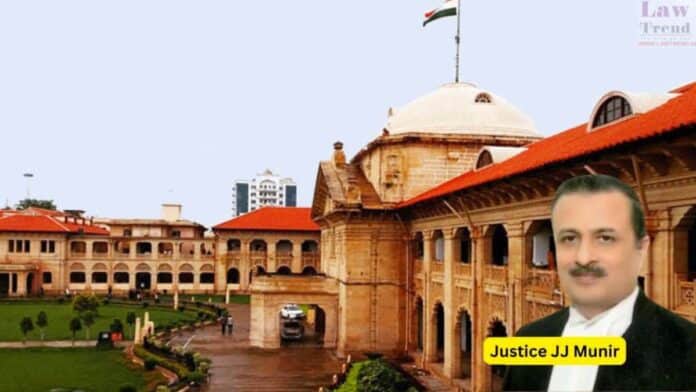The Allahabad High Court has ruled that mere involvement in a matrimonial dispute, particularly as a peripheral party, cannot be a sufficient ground to deny public employment. The court criticized the authorities for adopting a “mechanical approach” in denying appointment to a successful candidate. Background of the Case: The case, titled Baba Singh v. State
To Read More Please Subscribe to VIP Membership for Unlimited Access to All the Articles, Download Available Copies of Judgments/Order, Acess to Central/State Bare Acts, Advertisement Free Content, Access to More than 4000 Legal Drafts( Readymade Editable Formats of Suits, Petitions, Writs, Legal Notices, Divorce Petitions, 138 Notices, Bail Applications etc.) in Hindi and English.




